Iran’s achievements in nuclear industry gained under threats, sanctions: AEOI chief
The head of the Atomic Energy Organization of Iran (AEOI) has highlighted the Islamic Republic’s remarkable progress in the nuclear industry, saying the achievements in the high-tech field have been gained under the threats and sanctions by the enemies.
Mohammad Eslami made the statement before the launch of an exhibition showcasing Iran’s latest achievements in the nuclear industry at Tehran’s Imam Khomeini Hosseinieh on Sunday.
“These achievements were made under heavy threats and sanctions from the enemies,” Eslami said, adding, “Achieving complex nuclear technologies in such difficult conditions has not been easy whatsoever, but our country’s young scientists achieved them without using foreign capacities.”
Pointing to the AEOI’s goal of manifesting the effects of nuclear energy in society and people’s lives, Eslami said, “The fields of health, medicine, food security and agriculture, industry, water and soil and environment have been discussed in the exhibition, and the achievements of these sectors are introduced.”
Iran’s nuclear chief underscored the use of nuclear energy in people’s daily lives and said the central part of the issue are power plants and the production of atomic electricity, which is being used by world countries as a source of clean energy.
Pointing to radiation as one of the most important parts in the field of nuclear energy, which can be used in medicine, Eslami said, “Radiopharmaceuticals are widely used in the medical field; every year, about one million patients benefit from radiopharmaceuticals that are produced by atomic energy in the field of diagnosis and treatment, especially for cancer.”
The head of the AEOI also said that replacing radiation to combat agricultural and food pests is one of the most important achievements of atomic energy for public use.
“The use of radiation in agriculture has two features; it gives health as a gift to the society because pesticides will not be used in agriculture, and of course, it prevents agricultural runoff and waste,” Eslami added.
The nuclear chief also underlined that the economic conditions caused by the use of radiation in agricultural products would increase the export of such products and said, “We will no longer see pests in the agricultural sector.”
Iran showed to the world the peaceful nature of its nuclear program by signing the 2015 nuclear agreement, formally known as the Joint Comprehensive Plan of Action (JCPOA), with six world states — namely the US, Germany, France, Britain, Russia and China. But, Washington’s unilateral withdrawal in May 2018 and its subsequent re-imposition of sanctions against Tehran left the future of the deal in limbo.
Negotiations between the parties to the deal kicked off in Vienna in April 2021, with the intention of bringing the US back into the deal and putting an end to its “maximum pressure” campaign against Iran.
The discussions, however, have been at a standstill since August 2022 due to Washington’s insistence on not lifting all of the anti-Iran sanctions and offering the necessary guarantees that it will not exit the agreement again.
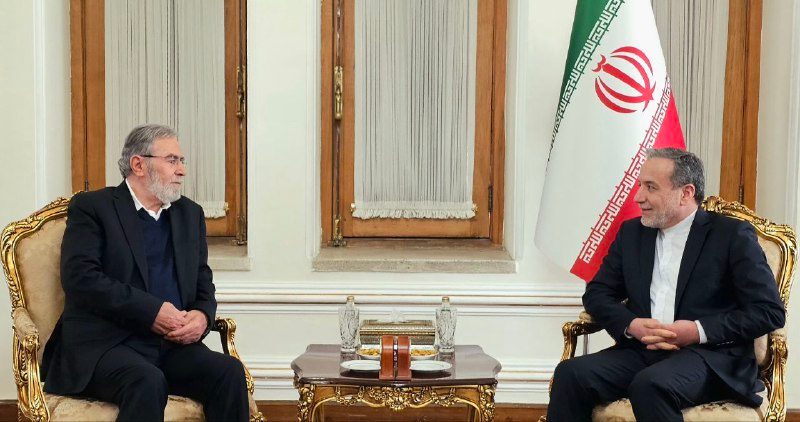
Israel achieved none of its war objectives in Gaza: Iran FM
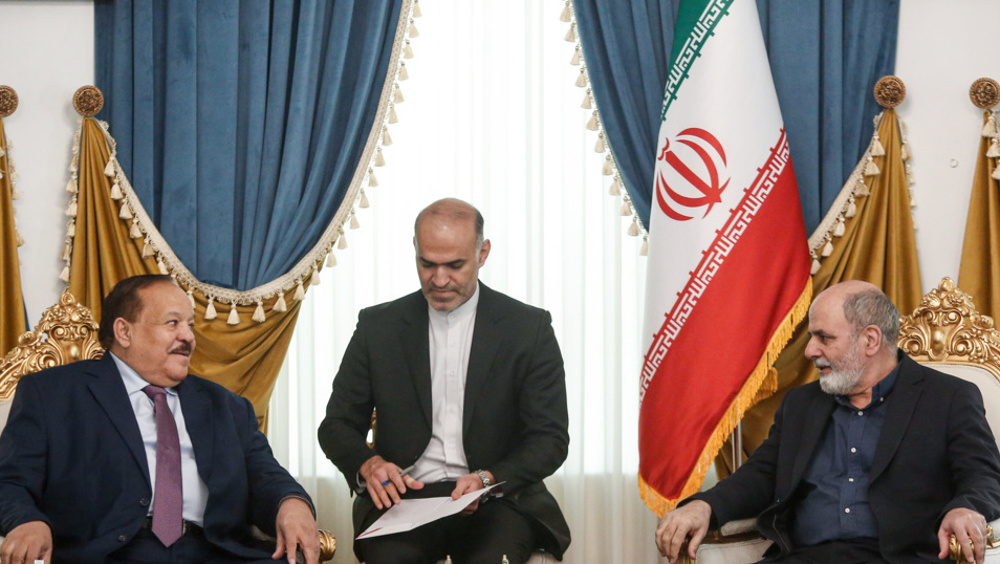
Iran’s top security official calls for establishing peace, stability in Sudan
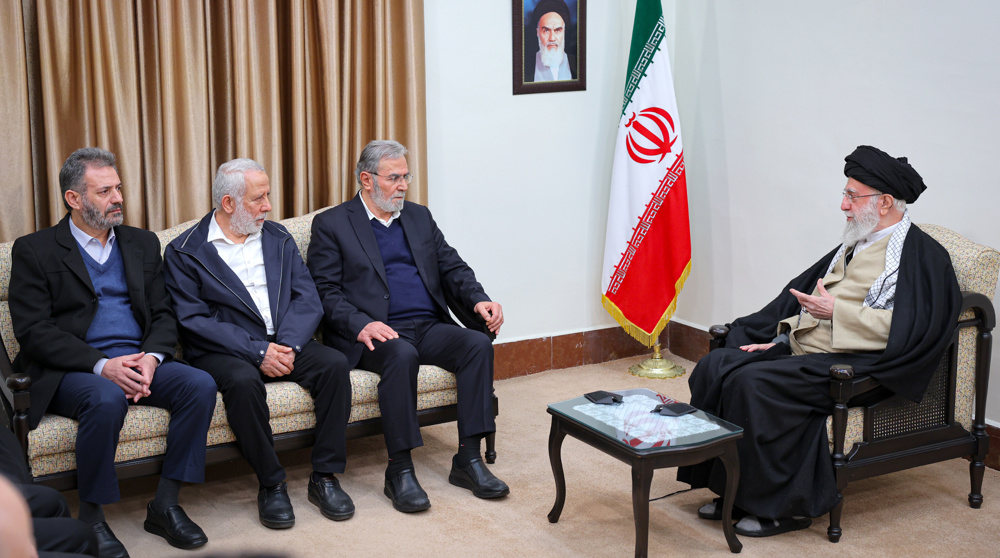
Leader dismisses US displacement plan for Gaza as ‘foolish, futile’
VIDEO | Wait... We're taking over Gaza?
VIDEO | Russia-US Alliance: Impact on the Middle East
VIDEO | PM Sánchez says Spain won’t allow forced displacement of Gazans
VIDEO | Press TV's news headlines
VIDEO | Israeli court sentences Palestinian child to 18 years in prison
US, France want mercenaries deployed in south Lebanon: Report
China condemns ‘unilateral and arbitrary’ US tariffs
IRGC commander: Third operation against Israel will be carried out


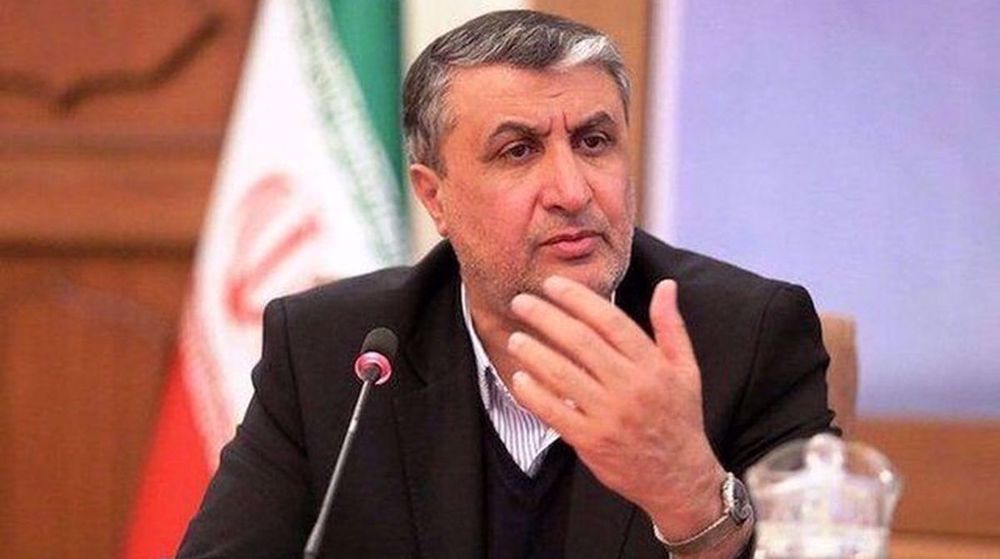
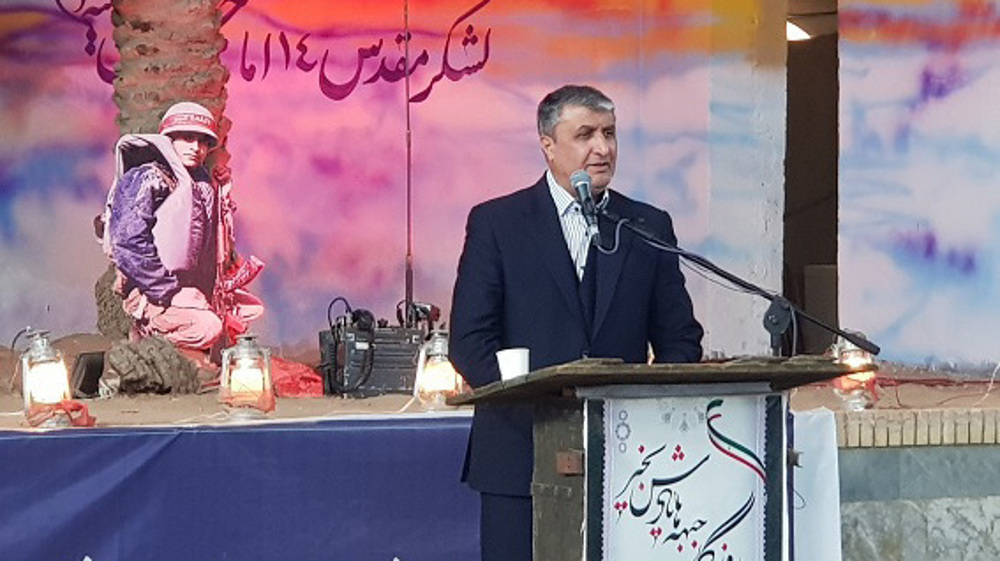




 This makes it easy to access the Press TV website
This makes it easy to access the Press TV website